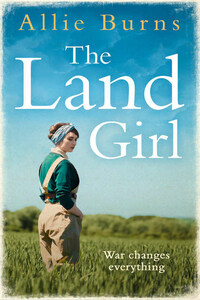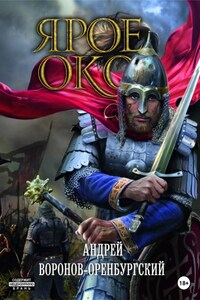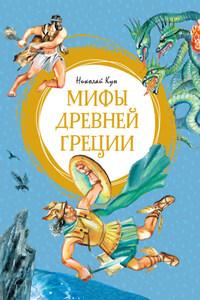HQ
An imprint of HarperCollinsPublishers Ltd.
1 London Bridge Street
London SE1 9GF
First published in Great Britain by HQ in 2018
Copyright © Allie Burns 2018
Allie Burns asserts the moral right to be identified as the author of this work.
A catalogue record for this book is available from the British Library.
This novel is entirely a work of fiction. The names, characters and incidents portrayed in it are the work of the author’s imagination. Any resemblance to actual persons, living or dead, events or localities is entirely coincidental.
All rights reserved under International and Pan-American Copyright Conventions. By payment of the required fees, you have been granted the non-exclusive, non-transferable right to access and read the text of this e-book on-screen. No part of this text may be reproduced, transmitted, downloaded, decompiled, reverse engineered, or stored in or introduced into any information storage and retrieval system, in any form or by any means, whether electronic or mechanical, now known or hereinafter invented, without the express written permission of HarperCollins.
E-book Edition © July 2018 ISBN: 9780008262730
Version: 2018-06-27
March 1915
Emily held her breath as she stood at the top of the stairs. When she was sure it was safe she tiptoed down, which was not that easy in her brother John’s work boots, even with the gap in the toes stuffed with balled-up newspaper.
The muffled chatter from her mother’s knitting party flooded the hallway. She quickened her pace to reach the safety of the door that led through to the kitchen, only to narrowly avoid colliding with Daisy – the housemaid – and a platter of crustless sandwiches. They greeted one another and before Emily could remind her, Daisy nodded and said, ‘Don’t worry, I haven’t seen you.’
Emily opened the back door and the dazzling sunlight caressed her skin. She would have to make it up to Mother later because she couldn’t sit in that stifling sitting room, knitting socks for the soldiers at the Front when the sun shone.
‘By the way,’ Emily called back to Daisy who was straightening out the sandwiches again. ‘Did you leave this on my pillow?’ She waved a newspaper cutting that she’d found on her bed in an envelope addressed to her.
Daisy shook her head. ‘I found it on the doormat, hand delivered.’
Emily shrugged. She would thank whoever the sender was when they made themselves known.
Outside, she leant back against the scullery door, and admired the plump, carefree clouds, shifting their shapes and rushing onwards against the backdrop of the heavenly blue sky.
She held up the notice cut from the Standard, reading it slower this time to take it in. Her heart began to thump.
Women on the Land
Highly trained women of good birth and some country-bred women, hitherto working in service, or in trade, will make themselves useful in any way on a farm to gain experience.
May we make known that we wish to hear from farmers, market gardeners and others wanting the services of women for work on the land.
The notice went on to say that educated girls would act as a shining example to village and city girls – encourage them out in their numbers to do their bit for the war effort.
But whoever posted this through the door must know that she wasn’t ‘highly trained’ in anything other than English literature, and that wasn’t an easy situation to fix. She did spend far more time on the farm and outdoors than was usual for a girl like her, as Mother was always reminding her, but that didn’t mean she could turn her hand to farming so easily; she’d need to be trained and the notice in the Standard said that took six weeks.
She couldn’t in all good conscience leave her Mother to attend a course. Mother hardly slept and was afraid to be left alone since Father had died two years ago, and it was even worse now Emily’s older brother, John, had received his officer commission, turning Mother a ghastly pale whenever the delivery boy came up the path.
At the tool shed, she lifted Mr Flitwick’s hoe and carried it back to the kitchen garden – humming to herself while she worked. She tilled three neat rows width-ways in the fine, crumbly soil of the raised bed. Mr Flitwick, their gardener, had generously given the bed over to her and her experiments, along with access to his stash of seeds. She came out here when Mother thought she was resting, reading or writing letters. It was a secret between her and the few trusted staff, and her little winged friends. She scattered the black dots, buried and then sprinkled them with water from the can.









